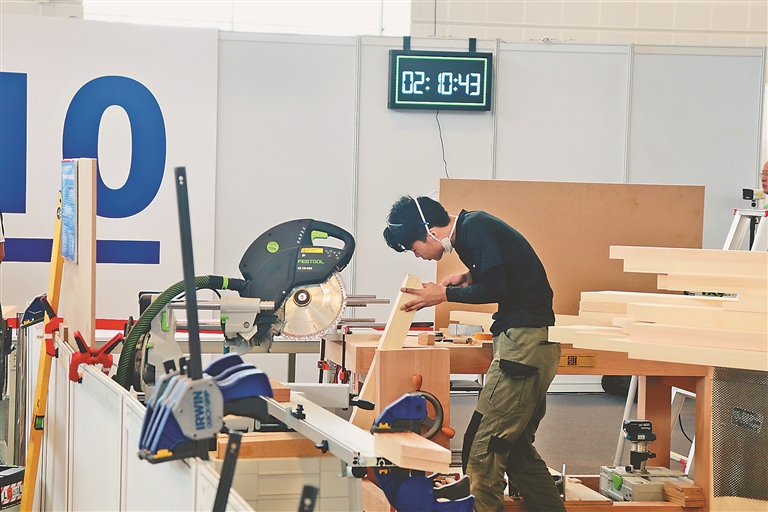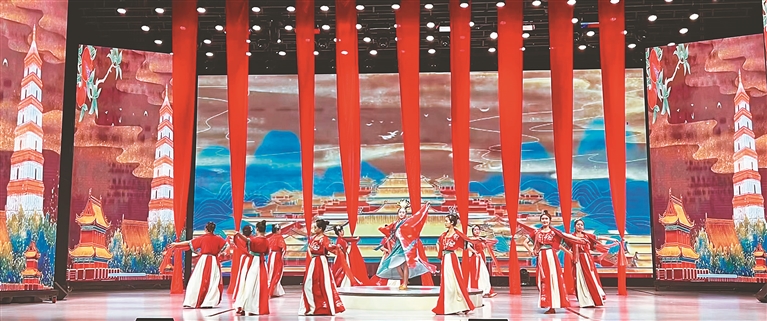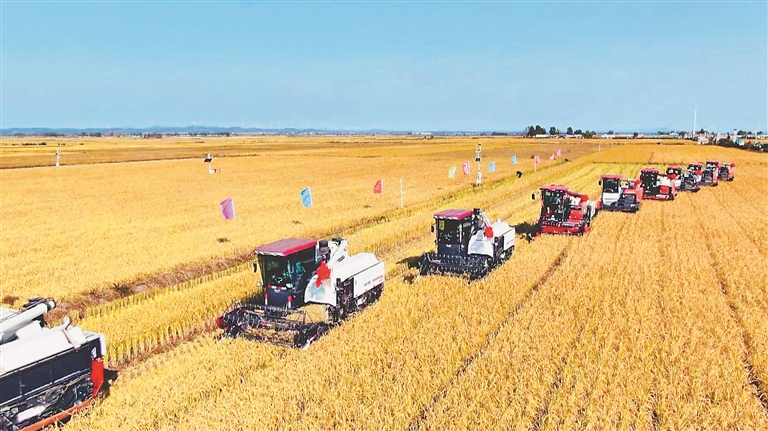
Though better than it’s ever been, being a working woman is far from a cakewalk. While big issues,like sexual harassment, still exist in the workplace despite great progress, it’s often smaller issues that slip under the radar, and keep the glass ceiling intact.
One of the ways in which sexism lingers in the workplace is in the language used to describe women -both positive and negative. While not always insidious, gendered terminology is worth paying attention to. The subtle charge of linguistics can help us understand why double standards existand how to challenge them.
It’s my goal to celebrate how far women have come in the corporate world. It has been a long time coming and our successes have been earned. 58003
1. Bossy.
You might remember the Ban Bossymovement, sponsored by Sheryl Sandberg and the Girl Scouts, which made headlines --and ruffled feathers --in 2014. The campaign points out that bossy is a word almost exclusively reserved for women, often used to chastise young women and girls. The campaign recommends bossy be replaced with "executive leadership potential."Though this may sound silly in a school room scenario, it makes perfect sense in the workforce.
Since men are in leadership positions more often than women, behavior that might read bossyin a woman doesn’t come across abrasively in a man. In fact, it may land him a promotion. A woman who is viewed as assertive may also excel, but she may just as easily earn a reputation for being difficult.
Having women inleadership positionshasproven important time and time again, sowe should all aim to recognize leadership potential in women rather than writing them off as bossy.
2. Whip-smart and bright.
It’s not necessarily bad to be described as “whip-smart” or a “bright young thing,” but it’s not all that great either. When used, the implication is that the women in question is smart, but smart in a youthful, starry-eyed,unprecedented way.
A Slate article traces the youth of “bright young thing” and similarly gendered compliments throughout history.
According to Slate, from the 19th century up through the '20s, the "bright young thing"designation connoted naiveté and superficiality as much as charisma or promise.
In short, these terms’ historic use as a gendered and backhanded compliment might cause us to consider more empowering alternatives.
跟随我们: Facebook,Twitter和Instagram上的女企业家
3. Brave andambitious.
Ambition and bravery have been considered male traits for as long as there have been heroes, villainsand wars. In the workplace, though, they are more often assumed in men than used as descriptors - as they are for women. For example, women might be called brave for speaking up in a boardroomor for being working mother.
The word ambitiouscan signify that women who desire power are outliers among their sex. Depending on the context, it can also be loaded with implications about what they prioritize in their professional and personal lives -a criticism rather than a compliment. Many women, including Madonna, have spoken out about the term ambitiousbeing used in this way.
Women may indeed be brave, but no more or less than men in the same situations. If we want female workers to excel, we should hold them to the same standards as men, who are encouraged to be aggressive. But most of all, we shouldn’t use these words to penalize women for working hard.
4. Emotional.
A perception that persists in the workplace is that women’s emotions are a dangerous thing that interfere with her leadership ability. 58003 Along with reasoning, emotional intelligence (EI) is a critical skill and not necessarily a gendered one.
Nonetheless, people are quick to undermine women’s decisions based on arbitrary assumptions about hormones or even the sound of her voice. 58003
It would be more productive to examine women’s message, talent and work instead of letting assumptions about her emotional state cloud our judgement. To discount her for not sounding, or looking,pleasing is even worse.
When it comes down to it, I have the utmost confidence that women will continue to progress across all industries -one step at a time. They’ll dodge the damage of these words if they need to, but it’s in everyone’s best interest if we choose words more carefully to forge a cleaner path for all.
 世纪金融网
世纪金融网










